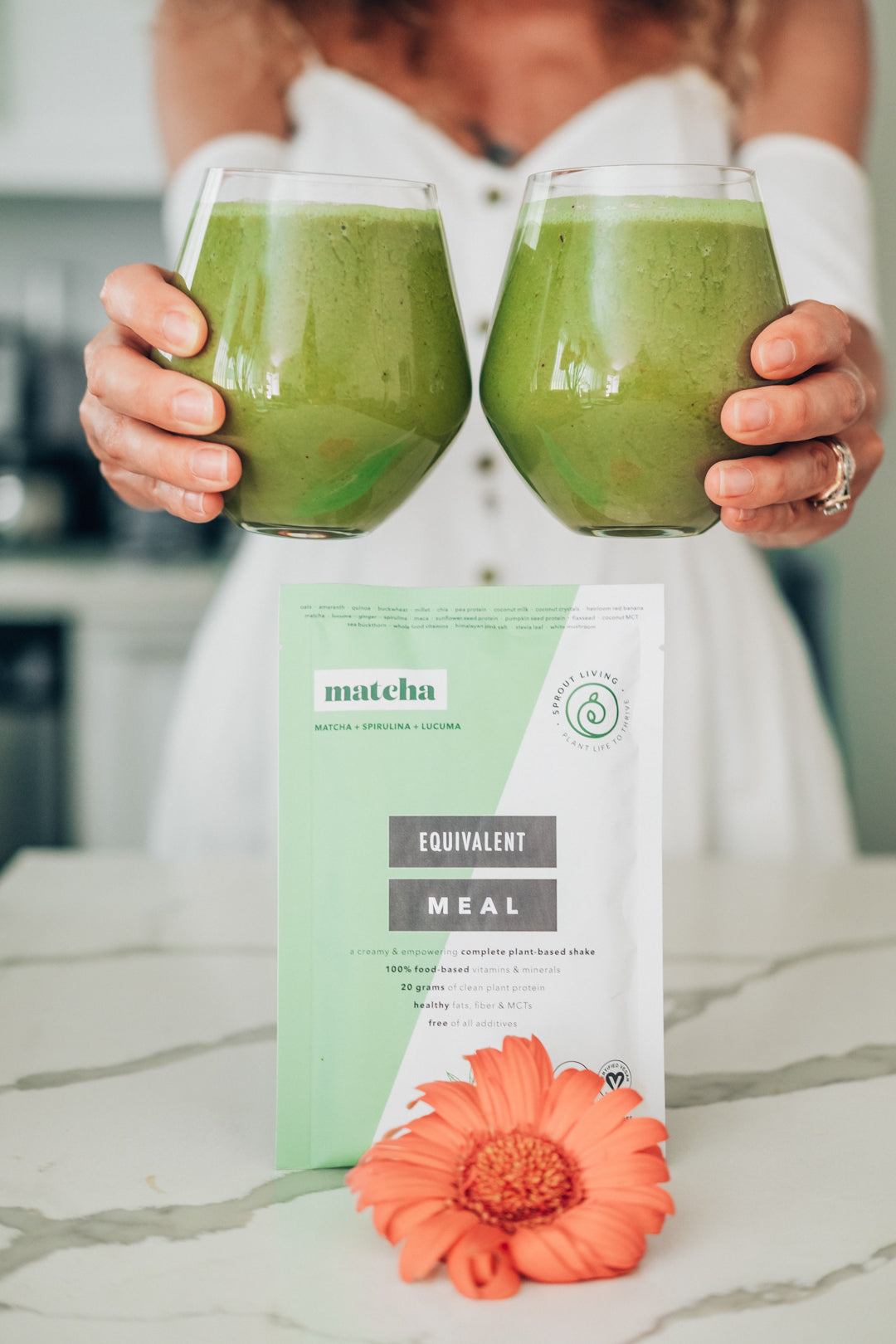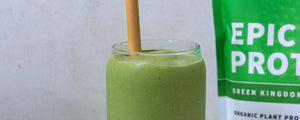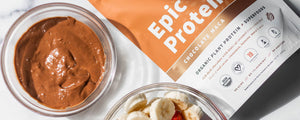
What is a Meal Replacement?
Over the past several years, meal replacements have become quite the thing. They’re everywhere, from health food markets to convenience stores, in every form imaginable — bars, shakes, even ready-to-mix soups.
But what exactly are meal replacements, anyway, and are they right for you? How often should you consume them? Let’s take a look at the basics in this quick meal replacement guide.
- What are meal replacements? Simply put, meal replacements are conveniently packaged substitutes for a well-rounded, sit-down meal. Once marketed primarily to athletes, meal replacements are now part of the mainstream scene, and they’re produced in several different ways—bars, drinks and soups being the most popular. Some meal replacements contain a full spectrum of vitamins and minerals, while some are focused simply on providing optimal amounts of calories, carbohydrates and protein.
- Who should eat meal replacements? Really, anyone. The beauty of meal replacements is their convenience. With busy schedules and nonstop routines, it’s not always realistic to plan a balanced meal that takes time to eat. Meal replacements make it easier to fuel your body with nutrients while on the go—and they help minimize the chance that you’ll resort to fast food, vending machines or other unhealthy choices when hunger strikes.
- Are meal replacements good for weight loss? Most meal replacements contain somewhere between 200 and 400 calories and enough protein and fiber to help keep you feeling full, which is key when trying to lose weight. Meal replacements aren’t a long-term solution for weight loss, though, and sitting down to “real” meals is also necessary during a weight-loss journey. Many people enjoy the visceral experience of eating, which meal replacements don’t offer.
- Do meal replacements contain unhealthy ingredients? Like any product on the market, the quality of meal replacements varies widely. Always do your research! Some meal replacements contain too much sugar, vegetable oils and preservatives. Others, though, are optimal for health—our 100% organic Equivalent Meals combine gluten-free oat flour, vitamins and minerals from vegetables and fruits, and no additives or synthetic ingredients.
- What should I look for in a meal replacement? Be sure to read the nutrition label before assuming a meal replacement is a healthy, wholesome option. Look for products that, per serving, contain at least 15 grams of protein, at least 3 grams of fiber, no hydrogenated oils or corn syrup, and less than 10 grams of sugar.
- Can I make my own meal replacement shakes? Definitely! There’s no limit to the combinations you can try. Start with a source of protein (ideally something pure and complete, like our Simple Pea Protein), add fresh or frozen berries, coconut oil, and unsweetened almond milk, then go from there—with a little experimenting, you’ll find the perfect recipe to take with you on the go.
Now that you know a bit more about this category, feel confident to go out and replace some of your own meals for a healthy and convenient boost to your day.






